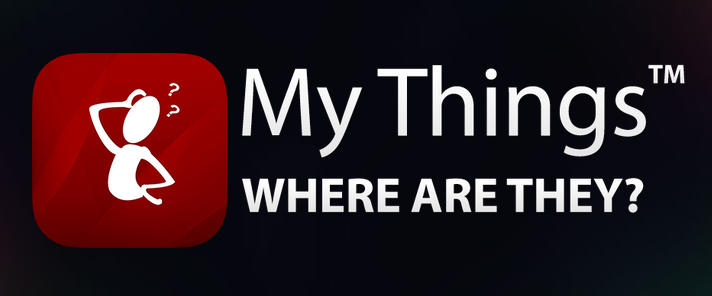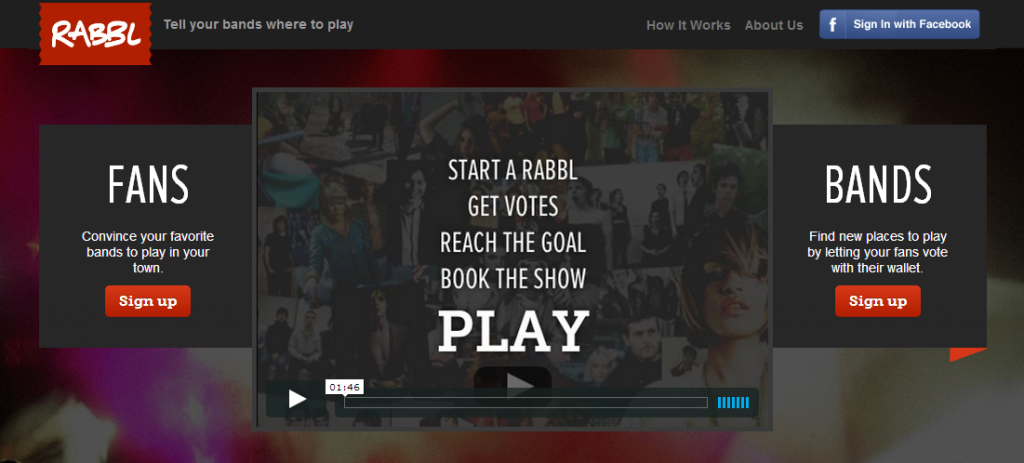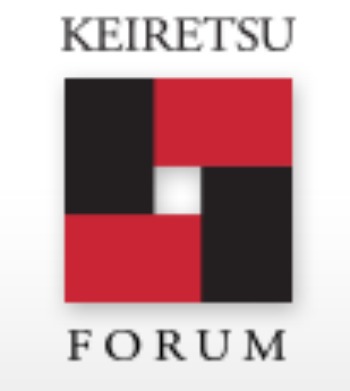Every industry is being overturned by technology, and banking is no different. At the Angel Capital Expo tomorrow, there are a couple of startups looking to disrupt the way banks offer apps and financial services to their customers.
One of those companies is TheBankCloud, a cloud-based service that enables banks to innovate quickly. The enterprise company offers an app marketplace and a backend infrastructure to help banks build their own apps.
TheBankCloud isn’t the only company looking to help banks innovate faster, and of course all companies face competition from the status quo. It’s probably a safe bet, though, that in the coming years banks will handle customer service in ever changing ways.
Check out our Q&A with founder and CEO Alfy Louis.
What does your company do?
We’re a portfolio of Sales tools & Banking Apps, aggregated in a Marketplace to serve key areas of sales, advice, servicing, and transactions. Apps are integrated with TheBankCloud platform, which is composed of an adaptive banking integration hub, single sign on, device management (including BYOD), software provisioning, and operational services. The platform enables partners to seamlessly integrate and activate their Apps in the most cost-effective way.
Who are the founders, and what are their backgrounds?
Alfy Louis, was EVP sales and Services for D+H (couple of Billion dollars company serving the banks), was the global VP strategy, Operations of HP Services, and VP global strategic sales and VP business Intelligence for HP.
Tim Evans, was the global banking industry lead for HP and the head of the Innovation Center for HP
Maurizio Greco, was the CTO of Finantix and an entrepreneur with couple of successful start ups
What problem do you solve?
Banks are under extreme pressure to innovate and modernize their applications to generate new revenues, however, innovation is very hard due to the fact that it requires integration with Banking back end systems known as Core Banking Systems.. These systems are owned by handful of companies that make it extremely difficult and expensive for any one to integrate their innovation with these core systems … in their attempt to protect their revenues from eroding. by doing so they stand in the way of innovation..
Our mission is to simplify this integration and build it once and use it with every innovator out there. In addition we will bring new innovation ready to be used in a form of applications and offer it as a services.
Why now?
Pressure is mounting for the banks to cut cost and innovate due to the low interest rate, increasing cost of sales and operations as well as the growing demand for mobile technology.
What are some of the milestones your startup has already reached?
- we assembled an awesome team of experience, energy and innovation along with extremely experienced board of advisors
- We completed the overall architecture of the entire solution and validated it with one of the top System Integrators.
- Completed two banking applications to digitize the sales effort for the bank
- Sold 100 licenses to a channel partner
- Formed strategic partnerships with 12 partners to sell their applications on our marketplace.
- Forming a strategic go to market partner that has access to over 25000 banks ..
What are your next milestones?
- raise funds to complete the development of the back end technology
- Market, sell and deliver 1000 licenses










